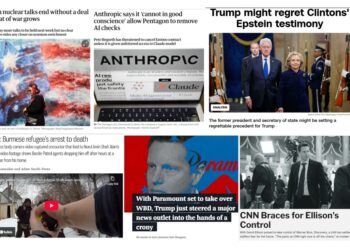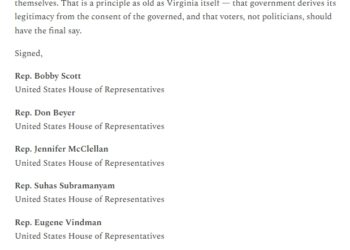( – promoted by lowkell)

And winning big.
Thanks to the support of Senator Edd Houck, these rail cars may be moved soon, ensuring the safety of the residents’ families and avoiding a major environmental catastrophe. And if CSX doesn’t comply? They could lose $42 million in state funding over the next six years.
We are asking everyone to call the Senate Finance Transportation Subcommittee to make sure this bill passes and our neighborhoods are protected from CSX. Senator Saslaw (Alexandria/Fairfax): 804-698-7535, Senator Whipple (Falls Church): 804-698-7531, Senator Watkins (Henrico/Richmond City): 804-698-7510, Senator Wampler (Bristol): 804-698-7540
Virginia Organizing has been working with local residents on lobbying the Spotsylvania Board of Supervisors to take action and revoke CSX’s special use permit. CSX continues to violate their permit by storing an excessive number of rail cars in the middle of a residential neighborhood, outside a gated and guarded facility. The Board of Supervisors has failed to act, but Senator Houck saw the need to move forward and avoid a potential disaster. He introduced a budget amendment that will hold CSX accountable for transporting the cargo in a reasonable time frame. If this passes, CSX would have 8 hours to move their cars through residential neighborhoods in Fredericksburg/Spotsylvania or lose $42 million in state funding for a variety of rail programs.
The Senate Finance Transportation Subcommittee will vote on this amendment, the full committee will vote on the budget bill (hopefully, with the CSX amendment attached), and then both the Virginia Senate and the House of Delegates will need to approve the budget bill before Governor Bob McDonnell signs it. The bill is SB 800 and the amendment number is 448. The Senate Finance committee will release their budget bill on Sunday, February 6.
Winning this fight against CSX is about taking a stand against a corporation which thinks the rules do not apply to them. It is also about supporting legislators like Senator Houck who are willing to use the government’s power to protect the safety of our families, even if it means standing up to a corporation which doled out more than $120,000 in Virginia campaign contributions in the last five years!
Most importantly, what happens in Mayfield affects us all. Should an accident occur, the radius of the affected area could be 14 miles long, reaching well beyond Fredericksburg. An accident could also contaminate waterways and travel downstream of the Rappahannock affecting the communities of King George, Caroline, Westmoreland, Lancaster, Essex, Middlesex, and Richmond Counties. Senator Houck’s budget amendment will help avoid accidents like the tragic Graniteville, S.C., accident of 2005. Five years ago, a freight train carrying liquid chlorine derailed in Graniteville, S.C., killing nine people and sending 250 to the hospital. Chlorine is one of several hazardous chemicals transported by the rail cars parked in Mayfield.
The outcome of next week’s subcommittee and committee conversations set the stage, good or bad, for similar fights across the Commonwealth. CSX is a bad neighbor, and it is high time for increased regulation of their ability to park hazardous materials in the heart of our community. We appreciate Senator Houck’s continued willingness to place safety, security, and the environment before CSX’s convenience. The proposed legislation would put real pressure on CSX to park railcars carrying hazardous materials outside of residential neighborhoods.

![[UPDATED with Official Announcement] Audio: VA Del. Dan Helmer Says He’s Running for Congress in the Newly Drawn VA07, Has “the endorsement of 40 [House of Delegates] colleagues”](https://bluevirginia.us/wp-content/uploads/2026/02/helmermontage.jpg)
















